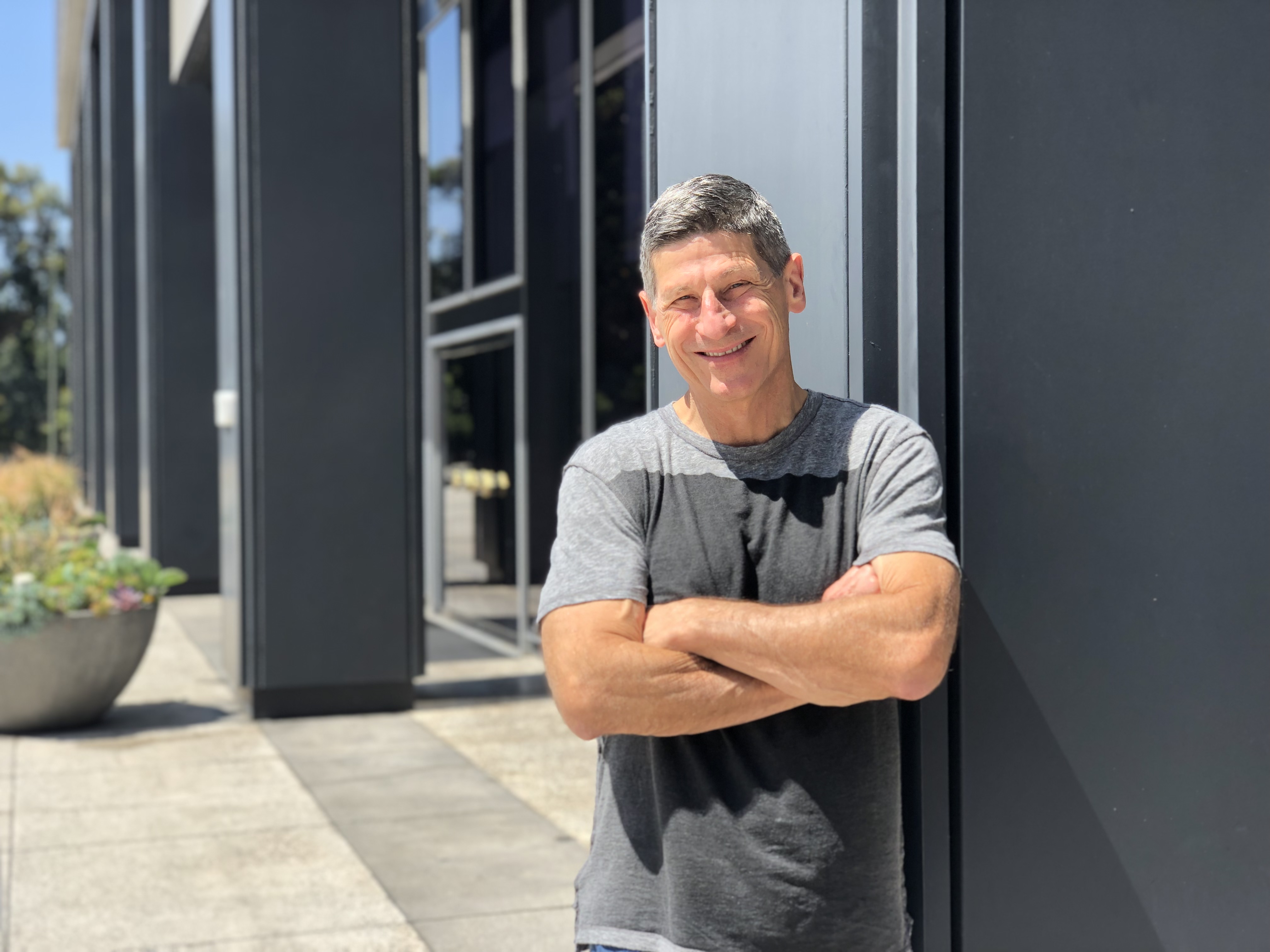5 Questions With Distinguished Alum Phillip Maltin

Phillip Maltin (Philosophy, ’83) is a trial lawyer and partner with Raines Feldman in Southern California and the founder of the READ System, a series of techniques identifying subtle behaviors that mask unintended or deceitful messages via body language. He is a frequent contributor to prominent law journals and presents his READ System techniques all over the world. Maltin is one of eight distinguished alumni to be honored by the University this fall, and he spoke with us to reflect on his unique career and how much of it stemmed from his Chico Experience.
Why did you choose Chico?
I’m one of the few people in Los Angeles who was born and raised in L.A. When I was 18, I drove up to Chico, and said, “Man, this is different.” It’s really just cleaner, quieter, and closer to nature. I thought it’d be a great place to spend four years. But more than that, there was a community, unlike where I’d lived, where to get anywhere, you’d have to travel by car. In Chico, you could walk, and you’d see the same people all the time. It’s just a different American experience. And it also just has an older, cooler feel for California. There’s age up there, there’s history—it feels like you’re living in a modern-day result or consequence of something historic in the area.
How did you discover that law and psychology are what you wanted to do with your life, and when?
A part of me is just truly inspired by organic curiosity. Something happens when you learn something really well and you get past the superficial levels. In trials and cases, they kind of confuse you in a way that makes you want to understand. Learning how to try cases is a mystery, and that mystery is so compelling.
As a trial lawyer, I want to be able to tell if someone is lying by their body language. I wanted it to be something that supplemented my career, but it turned into an avocation. If somebody exhibits behavior that makes me suspect they’re dishonest, I can never know the origin of the behavior. But the mystery is in trying to figure it out, and the stuff I get just from asking human questions remains interesting.
Why do you continue to stay connected to Chico State?
My admiration and respect for some of the faculty. Adrian Mirvish especially tore up my bad habits—I had a lack of intellectual discipline and deficient communication skills, particularly writing. Chico State did a lot for me. When I started at Chico, I agonized over every word, and I couldn’t get anything down. Today I write for a living. I write and talk, and I’m publishing feature articles in these law journals. My first year at Chico State, I was in remedial English.
If you just show a spark, it’s the best place to be. I ran into faculty who really cared about students and education, I got the best education that I could have gotten anywhere. I ran into people who cared and taught, and I learned.
What advice would you give your graduating self?
I couldn’t have told myself anything, because I wouldn’t have listened! Maybe it could have turned out better, but it’s turned out pretty good.
What does the Chico Experience mean to you?
It’s an opportunity to know yourself and truthfully confront what you need to improve as you catapult into adulthood. If you’re at Chico State, there are some things you’ll need to do—there’s some learning you need to do. But you’ll get the help to do it. My professors were so available and so inspiring and patient, I couldn’t have done it without them. It wouldn’t have happened anywhere but at Chico.


